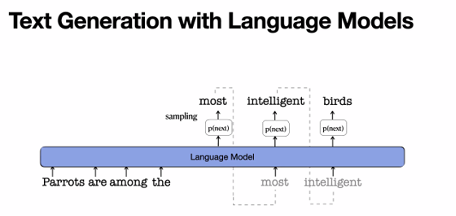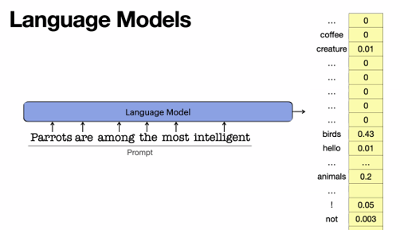Summary of SyMETRI meeting June 28th, 2023 by Ariane Faria
Presenter/Guest Speaker: Dr. Vered Shwartz of UBC Computer Science
Date: June 28th, 2023
Host: Dr. Cynthia Nicol
In the SyMETRI meeting on June 28th, 2023,
Dr. Vered Shwartz talked about how language models, such as ChatGPT, are changing the way human beings interact with technology and how it may affect the labor market, education, and the whole society’s interactions. ChatGPT is a general-purpose chat box trained to answer questions about various topics, retrieving the answers for each previous question and merging or elaborating on future answers. ChatGPT in a few months has appeared in different versions, being the last one (ChatGPT4) able to work both with text and image inputs.
The way that language models work is by using the prompt given by the user to find the probability of a word appearing next. It calculates the probability based on patterns related to the sentence syntax, semantics, and factual knowledge from internet data used to build the model. The two images below show this idea:

 However, Dr. Vered Shwartz highlighted that these models still have many limitations. Even though they frequently sound plausible and confident in their answers, they may present incorrect and inconsistent information. The most curious factor about their inconsistency is related to numbers. Their mathematical ability relies on finding answers on the internet rather than understanding and applying bat at inductive, spatial, mathematical, and multi-hop reasoning.
However, Dr. Vered Shwartz highlighted that these models still have many limitations. Even though they frequently sound plausible and confident in their answers, they may present incorrect and inconsistent information. The most curious factor about their inconsistency is related to numbers. Their mathematical ability relies on finding answers on the internet rather than understanding and applying bat at inductive, spatial, mathematical, and multi-hop reasoning.
Moreover, ChatGPT3 was able to go around offensive language filters being offensive and discriminatory. ChatGPT4 presents better results, but OpenAI didn’t disclose any details about the model or the data, which does not allow us to question problems that may appear because of the way the data were trained. Finally, all language models available now can’t answer questions about recent events because they were trained on data up to 2021.
Dr. Vered Shwartz is cautious on ignore the impact language models may have on us even their current limitations. She believes this new technology will change completely the labor market, education, and the whole society’s interactions. Many jobs will disappear or increase the productivity expectation under human beings given the market will assume these new tools can make the job easier and faster. The education field is rethinking what teaching and learning means and how to deal with cheating issues. Finally, the role society will have to discuss issues related to accountability for mistakes made by AI tools and how human beings may establish relationships with these tools in both their professional and personal lives.
Bio
Dr. Vered Shwartz is an Assistant Professor of Computer Science at the University of British Columbia, and a CIFAR AI Chair at the Vector Institute. Her research interests focuses on natural language processing, with the fundamental goal of building models capable of human-level understanding of natural language. She is interested in computational semantics and pragmatics, and commonsense reasoning. She is currently working on learning to uncover implicit meaning, which is abundant in human speech, and on developing machines with advanced reasoning skills.
